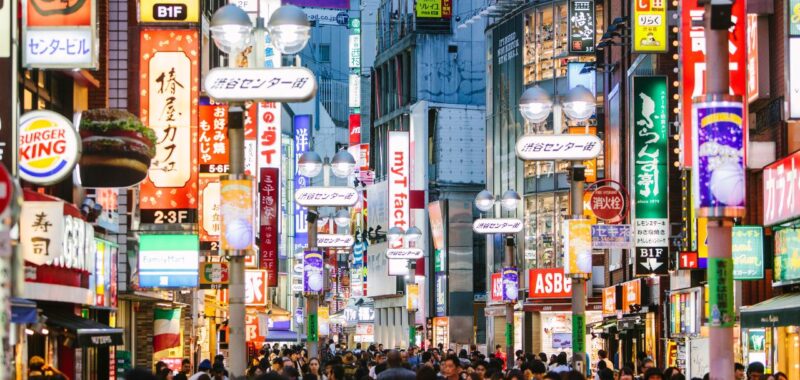This hidden value, rooted in accounting practices, is driving major activist campaigns and acquisitions across the country.
Elliott Investment Management recently acquired a 5.03% stake in Tokyo Gas Co., drawn by the utility’s real estate portfolio valued at ¥1.5 trillion—nearly matching the company’s market capitalisation.
Tokyo Gas owns the iconic Shinjuku Park Tower, which could be worth over ¥180 billion, far above its recorded book value of ¥58.9 billion.
“Tokyo Gas will consider various measures to unlock the value of its real estate assets,” President Shinichi Sasayama, told BNN Bloomberg .
The opportunity arises from Japan’s long-held accounting practices, which record properties at historical cost minus depreciation.
This means assets like offices, hotels, and country clubs are significantly undervalued on corporate balance sheets, despite soaring property prices in recent years.
Goldman Sachs estimates more than 250 companies in sectors like utilities, railways, and construction hold unrealized real estate gains.
Elliott’s move is part of a broader trend among activists and private equity firms to pressure companies to monetise their property holdings.
Activists like Palliser Capital and 3D Investment Partners have pushed for similar actions. For example, 3D recently built an 18% stake in Sapporo Holdings Ltd., where real estate income rivals beer sales.
Recently, KKR sold warehouses worth ¥200 billion after acquiring Hitachi Transport System in 2023. Similarly, Bain Capital sold a golf course owned by Showa Aircraft Industry for ¥130 billion, more than the cost of its acquisition.
“We’ve known about Japan’s real estate value for decades, but now we have the key to unlock it,” said Bruce Kirk, Chief Japan Equity Strategist at Goldman Sachs.

